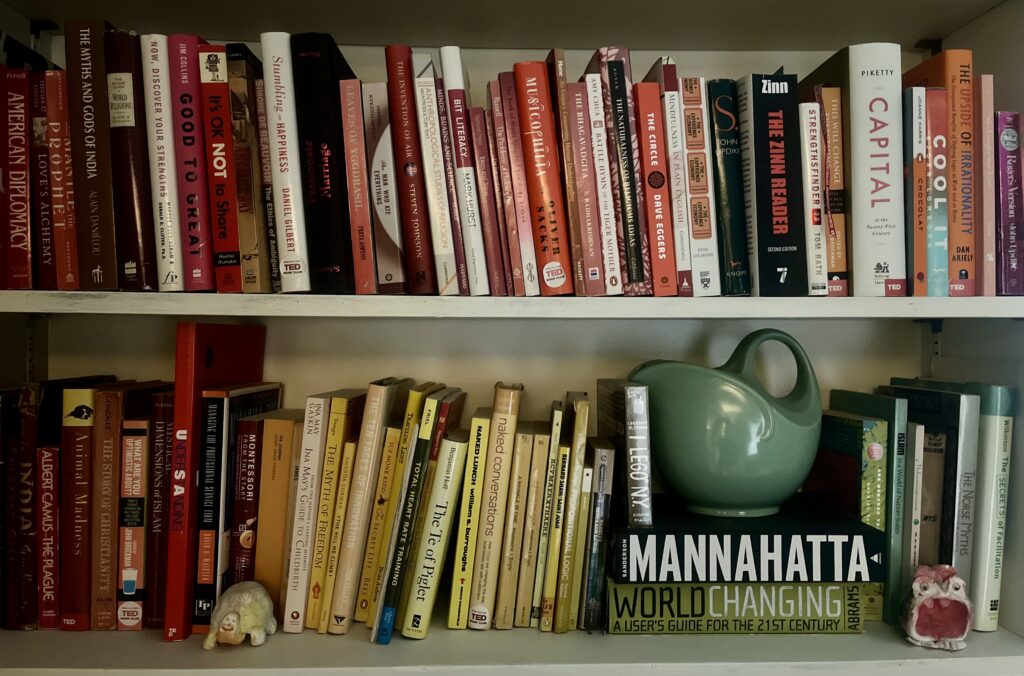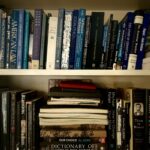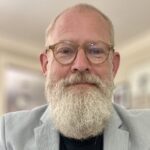When I was in college, I had only a faint idea of what I wanted to pursue. I knew I enjoyed working with big ideas and envisioned something that involved teaching or guiding others. My initial focus was psychology—I wanted to understand how people think and the reasons behind their choices. But gradually, philosophy captured my interest, bringing a broader set of questions and tools that profoundly shaped my life.
Graduating with a philosophy degree was not the plan I started with, and my parents were as puzzled as I was. My father, who had majored in business with a minor in philosophy, quietly supported my choice, even sharing an article on the rise of “corporate philosophers” to show that, perhaps, there was a place in the professional world for someone like me. I believe he trusted that I’d eventually find a way to connect philosophy to ”real-world” pursuits.
So, why philosophy? Two core reasons stand out in hindsight. First, I’ve always been a generalist—my only “specialty” has been learning how to learn. Philosophy trained me to discern patterns, develop insights, and delve into worldviews—a skill set that would prepare me for any environment. Second, I’ve always been drawn to big questions. Why are we here? What’s the Good? What is my purpose? Philosophy gave me the methods and tools for investigating these questions—a way to explore and refine my beliefs.

Throughout my professional life, I’ve continued a journey of self-discovery, investing time in understanding my strengths and motivations. I’ve taken every assessment tool I could find, from StrengthsFinder to Enneagram. These frameworks not only offer insights but also provide language to describe the human experience, giving clarity to the choices we make and the motivations behind them.
My career path has been anything but straight. I’ve been a professional chef (7 years), a professor (6 years combined), a corporate leader (7 years), a startup founder (7 years), and a consultant (12 years combined). Don’t do the math, because it would make me much older than I am. None of my professional life has been a straight line. Nothing has been sequential. My career has had many overlaps, starts, and restarts—I’m a multipotential-ite at heart. Each role has contributed to my growth and resilience. Despite the variety, there’s a common theme: I enjoy helping others make sense of ambiguity, clarifying values, and framing better questions.
Working as a strategist at Further Degree, I’ve come to appreciate the importance of “truth-seeking before problem-solving.” In any project or client relationship, I aim to find the right question—one that prompts reflection and aligns people with their values. This approach, shaped by my training in philosophy, helps people articulate what they believe, examine their worldview, and navigate the decisions that must follow.
Over the years, I’ve embraced additional frameworks—Critical and Speculative Design, Futures Thinking, and Design Thinking—that add tools to my practice. These methods have enhanced my work, offering different ways to guide people and organizations through change and growth.
There’s a saying I often repeat: “Every organization is perfectly designed to get the results it gets.” This idea underscores my belief that, at its core, our work is about people and the choices they make together. People have an inherent desire to grow, change, and strive for a better future, even if they sometimes feel stuck. I help them articulate their philosophies, refine their storytelling, and commit to choices that reflect their truest selves.
In essence, I view my work as helping others see their potential and supporting them through growth. By clarifying philosophies, aligning with integrity, and fostering self-belief, I hope to make a difference—even if it’s just one question at a time.

